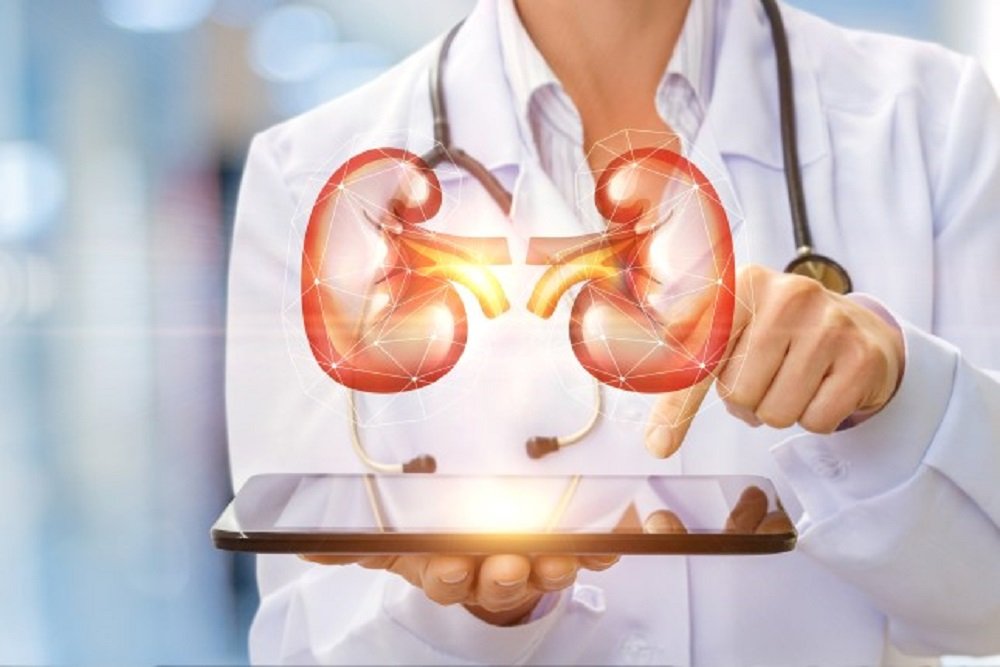
Kidneys are essential to having a healthy body. They are mainly responsible for filtering waste products, excess water, and other impurities out of the blood. These toxins are stored in the bladder and then removed during urination. The kidneys also regulate pH, salt, and potassium levels in the body. They produce hormones that regulate blood pressure and control the production of red blood cells. The kidneys even activate a form of vitamin D that helps the body absorb calcium.
The kidneys are a pair of fist-sized organs located at the bottom of the rib cage. There is one kidney on each side of the spine. If the disease gets worse over time, your kidneys may stop working completely. This means that dialysis will be required to perform the function of the kidneys. Dialysis is a treatment that filters and purifies the blood using a machine. It can’t cure kidney disease, but it can prolong your life.
Kidney disease is a condition that can easily go unnoticed until the symptoms become severe.
The following symptoms are early warning signs that you might be developing kidney disease:
Severe symptoms that could mean your kidney disease is progressing into kidney failure include:
Chronic kidney disease occurs when a disease or condition impairs kidney function, causing kidney damage to worsen over several months or years. Diseases and conditions that cause chronic kidney disease include
Here are some Diseases and Conditions that can cause Chronic Kidney Disease:
People with diabetes have a higher risk of developing kidney disease. Diabetes is the leading cause of kidney disease, accounting for about 44 percent of new cases.
You may also be more likely to get kidney disease if you:
High blood pressure damages the blood vessels and reduces blood supply to the kidney. High blood pressure can cause kidney problems and kidney problems can cause high blood pressure. Uncontrolled high blood pressure can cause a decrease in kidney function and irreversible kidney damage.
Anemia is a decrease in red blood cells. Red blood cells carry oxygen throughout the body and a decrease in red blood cells can result in fatigue, shortness of breath, depression, poor appetite and heart disease. The kidneys make a hormone called erythropoietin which helps form red blood cells. With CKD there is a decrease in the production of this hormone and thus a decrease in red blood cells.
How good your life can be with CKD depends on YOU! In the early stages, CKD may have symptoms that are so subtle you may not even notice them. In later stages, fatigue, itching, loss of appetite, and other symptoms can reduce your quality of life—if you don't act. How? All of these symptoms can be treated.
If you have any additional questions about Om Mantra Healing Center's services, please feel free to reach out to us. We would be happy to answer any questions you may have.

Professional and individual care by highly experienced and well-skilled Ayurvedic guru's.
Contact Us
Every aspect of your care is coordinated and teams of experts work together to provide exactly the care you need.
Contact Us
We serve healthy & fresh Ayurvedic food that suits your customized treatment plans to stimulate rejuvenation & health.
Contact Us